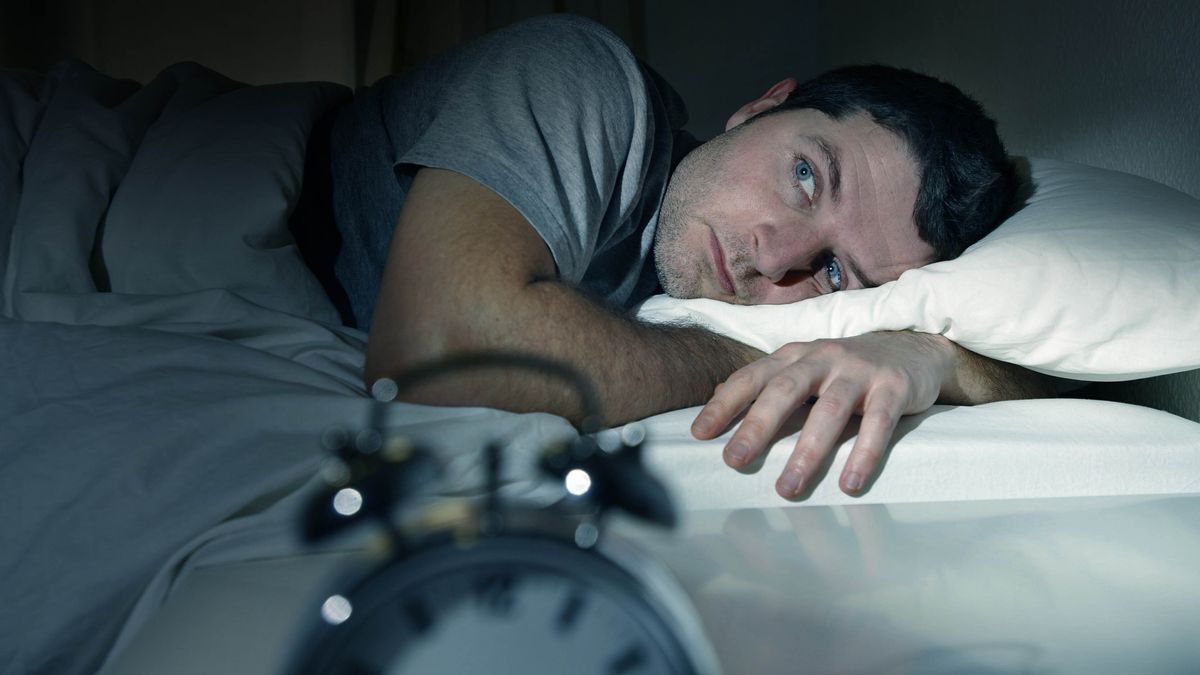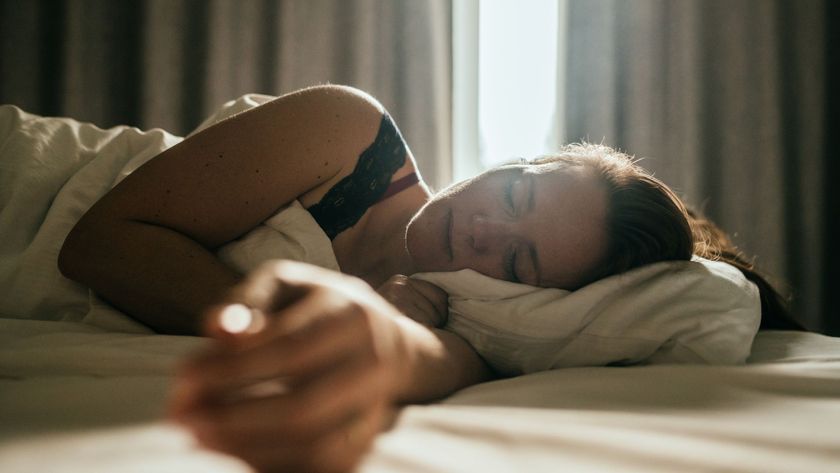Poor sleep makes it harder to stop intrusive thoughts, says new study — here's why
The British study found that sleep-deprived participants struggled to control intrusive memories

A new study has explored the link between sleep deprivation and the inability to stop intrusive thoughts and memories. The research, led by University of East Anglia lecturer Dr Marcus Harrington, found that healthy participants deprived of sleep showed an impaired ability to control unwanted thoughts.
The results of this study suggest a link between poor sleep and difficulties in suppressing memory retrieval. Published in Proceedings of the National Academy of Sciences (PNAS), the findings shed light on how a lack of sleep could contribute to mental health issues and may assist in the development of potential treatment.
Key takeaways
- The study suggest that poor sleep can make it difficult to control intrusive thoughts and unwanted memories
- Participants who were deprived of one night of sleep showed a lower ability to inhibit the retrieval of a neutral or negative memory
- The findings may help to better understand the role sleep deprivation plays in mental health issues and assist in developing treatment
The study — which was also conducted by researchers from Queen's University in Canada and the UK universities of York, Cambridge, and Sussex — set out to explore how the brain manages the relationship between sleep disturbances and intrusive memories.
After participants deprived of a night of sleep displayed an impaired ability to suppress unwanted memories, researchers concluded that rapid eye movement (REM) sleep plays an important role in restoring the mechanism that enables the inhibition of intrusive memories.
What are intrusive thoughts and memories?

According to Harvard Medical School, an intrusive thought is an unwanted thought, memory, or image that pops into your mind and makes you feel uneasy. They are often unusual, disturbing, repetitive, and difficult to push away. They can be caused by or associated with stressful situations (such as a life-threatening accident), mental health disorders (such as obsessive-compulsive disorder) and hormonal shifts.
What did the study find?
The study was conducted by monitoring eighty-five healthy adults and their attempts to suppress unwanted memories. Half of the participants were well rested ahead of the the task, whereas the others were sleep deprived.
While being monitored via MRI scanner, both sets of participants performed memory-retrieval tasks involving reminder cues that were paired with emotionally negative or neutral scenes.
The study found that the sleep deprived participants showed a disrupted ability to keep intrusive memories under control, while the well rested participants showed more activity in the area of the brain that controls thoughts, actions and emotions, and reduced activity in the area of brain involved in memory retrieval.
The study concluded that the mechanism in the brain that helps to inhibit unwanted thoughts and memories is maintained by REM sleep, meaning that sleep deprivation may impair this mechanism.
How to improve your sleep to reduce intrusive thoughts

If you're experiencing sleep deprivation, there are plenty of tips for sleeping better that you can follow. Here are the top three simple things you can do to get better rest and to reduce intrusive thoughts:
- Wear an eye mask: Too much residual light (from streetlights to electronics) can disrupt your sleep and keep you up. Wearing an eye mask is a simple low-cost way to make sure that any disturbing light is blocked out.
- Following the 10-3-2-1 rule: The 10-3-2-1 rule is simple and something you can start any day. It involves cutting out caffeine 10 hours before bed, food and drink three hours before bed, stop working two hours before bed, and finally ditching screens (from phone to TV) one hour before bed.
- Implement a nighttime routine: Establish a good winddown routine before bed, which can include taking a warm shower, ditching your phone for a book, or practicing breathing techniques.

Frances Daniels is a PPA-accredited journalist and Sleep Staff Writer at Tom's Guide with an MA in Magazine Journalism from Cardiff University. Her role includes covering mattress and sleep news and writing sleep product reviews and buyer's guides, including our Best Hybrid Mattress 2024 guide. She is hugely interested in the relationship between good sleep and overall health, interviewing a wide array of mattress and sleep experts to create well-informed articles about important topics such as nutrition, sleep disorders (from sleep apnea to night terrors), lucid dreaming, sleep hygiene, and mattress care. She is also our specialist on mattress toppers — producing mattress topper reviews and taking care of our Best Mattress Toppers 2024 guide — and takes the lead on all content related to fiberglass-free mattresses for a clean, non-toxic sleep.


